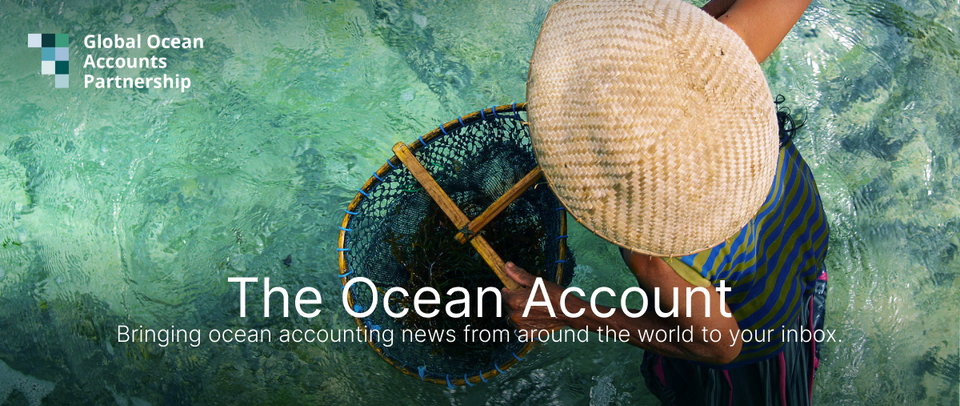Latest news
At the 2022 United Nations Ocean Conference (UNOC), countries committed to strengthening the capacity of statistical systems, mainstreaming values of marine natural capital into decision-making, establishing effective multi-stakeholder partnerships, and other actions concerning ocean accounts. At a UNOC side event on 'Sustainable Ocean Development Beyond GDP', representatives from UN ESCAP, Capitals Coalition and the Governments of Australia, Indonesia, Maldives, Mexico, Norway, the United Kingdom and the United States discussed ways to strengthen mutual awareness and action planning among global leaders concerning ocean accounting, and recognized their critical role as a foundation of measurement, innovation, investment, management and planning of progress towards sustainable ocean development. The UK Government also announced its continued support for GOAP as part of its £500 million Blue Planet Fund. Additionally, Australia said it will produce ocean accounts as part of its Ocean Leadership Package, Indonesia shared that ocean accounting enables monitoring of ocean management tools, the Maldives talked about its goal to develop ocean accounts for its 21 administrative atolls, Mexico stated that ocean accounts will support its System of National Accounts update, Norway stated that ocean accounting is essential to achieving the High Level Panel for a Sustainable Ocean Economy (Ocean Panel)'s goal of a 100% sustainable ocean economy, the United Kingdom discussed how ocean accounts help track ocean-based investment impact, the United States shared that the White House Office of Science, Technology and Policy will support federal agencies to development natural capital accounts and incorporate them in mainstream accounting systems, the Capitals Coalition highlighted the essentially of consistent ocean data for ocean investment, and UN ESCAP stated its committed to support the implementation and use of ocean accounts globally. For members of the Ocean Panel, these actions are progressing Leaders' commitments to account for the value of the ocean.
The Maldivian Ministry of Environment, Climate Change and Technology (supported by the Maldives National University MNU), the GEF, the Rekam Nusantara Foundation and the University of New South Wales) will develop natural capital accounting through pilot testing the SEEA Ecosystem Accounting (SEEA EA) in Laamu Atoll. The project will: 1) compile ocean accounts to support enhanced reef protection, resilience and ecosystem recovery by reducing development impacts in Laamu Atoll; and 2) build natural capital accounting capabilities within the Maldives through the provision of training to government ministries and the development of university courses by MNU.
The Marilles Foundation, together with the Balearic Center for Applied Biology and Ecoacsa, will calculate the marine natural capital of the Llevant Marine Reserve in Mallorca. The objective of the project is to evaluate the contribution of traditional fishing and leisure activities taking place in the marine reserve to the local and regional economy. The project will measure the extent, condition and value of these goods and services and identify its beneficiaries. It will also produce data on the potential benefits of investing in the recovery of degraded marine habitats and the conservation of Balearic marine biodiversity.
The 28th meeting of the London Group on Environmental Accounting took place on September 26-29 and featured a dedicated session on ocean accounting. The session discussed the paper 'Basic Spatial Units for Ocean Accounts: identifying challenges and potential solutions' by the GOAP Africa Community of Practice (ACoP , and Statistics Norway's presentation on ocean accounting progress in Norway.
|

